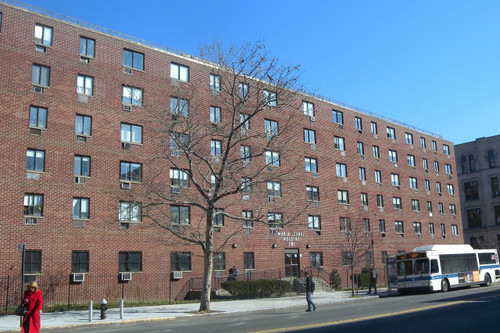Product Description
Abstract
This case puts students in the role of Assistant United States Attorneys in the Criminal Division for the Southern District of New York (USAO) and asks them to decide whether to indict a public housing tenant who moved into Section 8 housing on false pretenses. Section 8 housing involves government vouchers that pay for part of the rent in privately‐owned housing based on need. Because of budget limitations, many more people qualify for Section 8 certificates than can obtain them. The tenant in this case lied about her income on government forms when she applied for Section 8 housing and has received Section 8 money for quite some time. She may be guilty of violating a federal statute prohibiting embezzlement and a second statute prohibiting making false statements to the government, possibly subjecting her to either a misdemeanor (less than one year incarceration) or felony conviction (more than a year). Two questions arise. First, we must determine whether to charge her with a criminal violation and, if so, under which statute and whether for a misdemeanor or a felony. Second, if we choose to indict, then an internal procedure of the USAO's office allows deferred prosecution if proposed by the defense attorney, which is in effect a kind of supervised probation which, if successfully completed, would result in never charging her with a crime. So the second issue, if we choose to indict, is whether to agree to the deferred prosecution process.
Learning Objectives
- Begin to develop a systematic approach to problem solving when faced with an unresolved issue or new situation.
- Discuss the question "who is the client?" when the client is ambiguous with ambiguous and conflicting goals.
- Determine the correct role of the lawyer, and understand the varied and possibly conflicting obligations of the lawyer, in this situation.
- Discuss how to exercise appropriate judgment, guided by the US Attorney's policies (especially the published Principles of Criminal Prosecution), and the norms underlying the criminal law generally.
- Discuss the importance of context to moral reasoning and distortions associated with framing from cognitive psychology.
Subjects Covered
Public housing, criminal prosecution, criminal law, government
Setting
Geographic: United States, New York
Industry: Public housing, government
Event Year Begin: 2009
Accessibility
To obtain accessible versions of our products for use by those with disabilities, please contact the HLS Case Studies Program at hlscasestudies@law.harvard.edu or +1-617-496-1316.
Educator Materials
Watermarked educator copies and a teacher's manual for this product are available free of charge to educators and staff of degree-granting institutions. The teacher's manual is available free of charge to for-profit trainers. Please create an account or sign in as a registered educator to gain access to these materials.
Note: It can take up to three business days after you create an account to verify educator access. Verification will be confirmed via email.
Additional Information
The Problem Solving Workshop: A Video Introduction
Copyright Information
Please note that each purchase of this product entitles the purchaser to one download and use. If you need multiple copies, please purchase the number of copies you need. For more information, see Copying Your Case Study.







